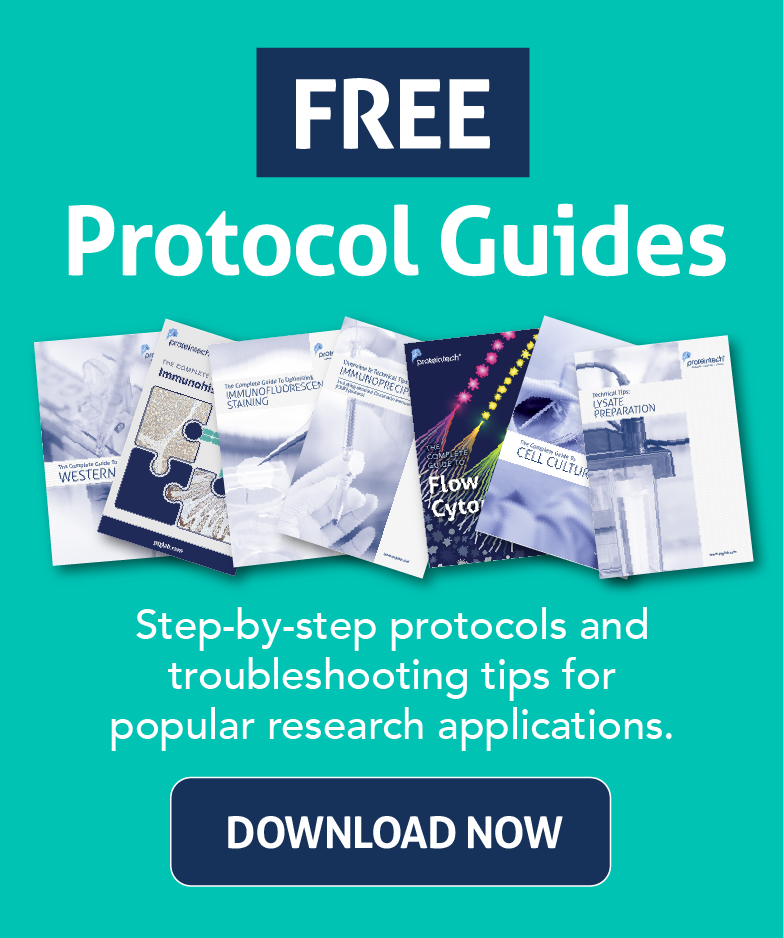8 Tips for Networking at Scientific Conferences
Here are our top tips on how to use conferences to make meaningful connections.
Network, network, network! It’s something we are commonly told to do but not always taught how to do. Scientific conferences are invaluable opportunities for researchers to share knowledge and establish professional connections. Networking is a crucial aspect of conference participation as it can open doors to collaborations, funding opportunities, and career advancement. Read our 8 tips that will have you networking like a pro at your next conference.
- Know what you want in a connection
- Figure out who you want to meet and reach out
- Use your past connections
- Talk about something fun!
- Utilize poster sessions
- Go to conference-sponsored social events
- Follow-up
- Stay in touch through social media

1. Know what you want in a connection
Before you attend a conference, take some time to reflect on your goals. What are you hoping to achieve through networking? If you are looking for a research collaborator, identify what qualities you want them to have and what techniques you would like them to know. If you are hoping to connect with someone for a job opportunity, think about what type of company you’d like to work for or what type of career you want. Understanding your objectives will help you focus your efforts and make your networking more productive.
2. Figure out who you want to meet and reach out
Once you’ve figured out your networking goals, identify who you might be interested in meeting at the conference. Review the conference program and research keynote speakers and other presenters. Utilize poster abstracts to find scientists who might share similar research interests as you. In general, you want to seek out individuals who have similar scientific goals, are leaders in your field, or hold positions that you might be interested in knowing more about. Make sure to research each person and their work as this will help you initiate meaningful conversations. Don’t be afraid to reach out before the conference via social media or email. Express your interest in their work and propose a meeting during the conference, such as grabbing a quick cup of coffee. This can help you make the most of your time at the conference and ensure that you don’t miss any important opportunities.
3. Use your past connections
Networking isn’t just limited to making new connections; it also involves nurturing existing ones. If you’ve attended previous conferences or workshops, leverage your past connections. Reach out to scientists you’ve met at other events and let them know you’ll be at the upcoming conference. They may introduce you to people in their network or connect you with someone with similar interests as yourself. Remember, networking is often about expanding your web of connections through referrals from previous connections.
4. Talk about something fun
While scientific conferences are generally focused on cutting-edge research and techniques, don’t forget to let your personality shine through with other topics of conversation. Engaging in informal conversations about hobbies, shared interests, or sightseeing in the city you’re in makes you more relatable and memorable. Oftentimes, people are networking with dozens of others, so having different and casual interactions may help you stand out.
5. Utilize poster sessions
Poster sessions are fantastic networking opportunities, especially for early-career researchers. Presenting a poster allows you to showcase your work, and it naturally attracts other scientists who share your research interests. Be prepared to explain your research concisely and engage in discussions with those who stop by. Keep resumes handy in case you meet someone who could help with career development or could be a potential collaborator. Also, take the time to visit other posters on work that is similar to yours or that you are interested in learning more about. Poster sessions are set up to stimulate scientific conversations, so it is a natural place to network at conferences.
6. Go to conference-sponsored social events
Attend the social events and networking receptions that are often part of scientific conferences. After a long day of digesting intense scientific material, these events provide a more relaxed and less formal environment where you can meet and connect with other attendees. Don’t be afraid to spark up a conversation and exchange contact information during these social gatherings. These types of interactions might also be more memorable since they won’t get lost in the conference activities throughout the day.
7. Follow-up
It’s hard to remember every interaction that you have at a conference. Therefore, it is crucial to follow up with connections that you wish to add to your network. Make sure to follow up with new contacts within a week after the conference. Reach out to them through social media or by email and express your appreciation for meeting them and reiterate your interest in potential collaborations or future discussions. Reference specific points from your conversations with them to show that you were actively engaged and interested in what they were saying. The initial follow-up and keeping in touch are crucial for fruitful networking.
8. Stay in touch through social media
In today’s digital age, social media platforms like LinkedIn, Twitter, and ResearchGate offer powerful tools for staying connected with your professional network. After the conference, connect with your new contacts on these platforms to keep the lines of communication open. Oftentimes chatting on these platforms can be less intimidating than drafting an email, since the messaging can be more informal. Make sure to engage with their posts by sharing relevant research updates or commenting/reacting to their content. Since social media makes it easy to stay informed about your contacts’ work, it is also easier to identify potential collaboration opportunities.
Networking at scientific conferences is key for career development and research collaborations. Remember these tips the next time you are at a conference and make the most of your networking experience!
Related Content
Time Management and Self-Care in Research
How to write a scientific paper in 10 easy steps
How to make a scientific conference poster
How fellowships can advance your scientific career
Transitioning from Academia to Industry
Support
Newsletter Signup
Stay up-to-date with our latest news and events. New to Proteintech? Get 10% off your first order when you sign up.


